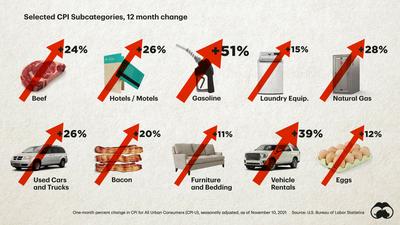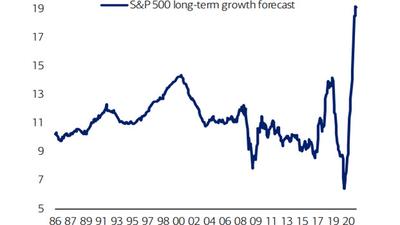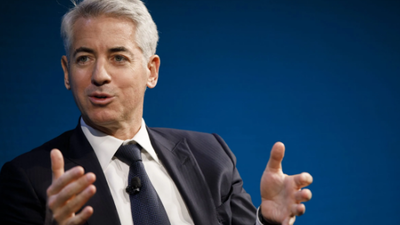The eurozone’s most powerful banking groups have demanded long-term access to London’s multi-trillion dollar derivatives trading market in a fresh blow for Brussels’ plans to seize business from the City.
29 November 2021 The TelegraphProvided by The Telegraph City of London
In a joint letter, finance trade bodies said that the bloc faces a “cliff edge” unless it extends exemptions that allow trades by European Union institutions to take place in the UK and other major markets.
The letter has been signed by organisations including the International Swaps and Derivatives Association, the European Association of Co-operative Banks, the European Banking Federation, the Futures Industry Association, the Global Financial Markets Association and the Nordic Securities Association.
It said: “If the temporary [arrangements] are allowed to expire without being replaced by equivalence decisions in all key jurisdictions, this will result in increased costs and operational burdens for EU firms while also resulting in trapped assets.”
The European Commission has refused to grant Britain so-called equivalence status for derivatives trading, which would allow companies indefinite access to the City’s deep markets, despite the UK’s post-Brexit rules being broadly in line with its own.
Instead, in what is widely seen as a political move, Brussels has only granted temporary permission for European Union businesses to trade derivatives in London. This is due to expire at the end of June 2022.
The trade bodies called for Brussels to grant derivatives trading permission to the City for at least a further three years. The current reliefs relate to so-called intragroup transactions, which are trades between parties where at least one party is not based in the bloc, including affiliates of EU-based companies.
EU banks are heavily reliant on London’s €660 trillion (£563 trillion) market to settle transactions between institutions, and the process is critical to the smooth operation of financial markets.
Derivatives are financial instruments which underpin banking products used by millions of European consumers, such as fixed rate mortgages. Critics have said that withdrawing access to the UK would likely result in higher costs for the public and could even threaten financial stability.
Before Brexit, it was feared that the EU would swiftly cut off companies’ ability to trade in London in a bid to stifle the City and force business to move abroad. Hundreds of thousands of jobs were said to be at risk of the UK voted Leave.
However, the exodus has been far lower than expected with fewer than 10,000 workers thought to have relocated according to data from EY.
Brussels was forced to separately admit it would extend London’s lucrative euro clearing rights earlier this month in a post-Brexit boost for the City.
The Commission granted permission for banks on the Continent to continue accessing Britain’s clearing market beyond an initial deadline of June 2022, amid fears that cutting them off would damage financial stability.
Mairead McGuinness, the bloc’s financial services commissioner, said the Commission believes EU firms are “over-reliant” on the UK for certain clearing activities, and it will develop the EU’s own capacity to avoid financial stability risks in the medium term.
But she added: “However, in order to address possible short-term financial stability risk, linked to an abrupt interruption in access to clearing services, the Commission will soon propose an extension of equivalence for UK-based [clearing houses].”
The decision represented a significant victory for Britain’s financial services industry after France and other rival countries attempted to seize control of the market from London’s clearing houses, which act as middlemen in derivatives trades between banks.
Earlier this year the EU ordered major banks to explain why they were not shifting euro derivative trading activity out of Britain.
Bank of England governor Andrew Bailey has warned Brussels against plotting a protectionist power grab aimed at stealing business from the City, arguing that the EU would undermine efforts to shore up stability in the wake of the financial crisis if it succeeded in seizing part of the clearing market from the Square Mile.














